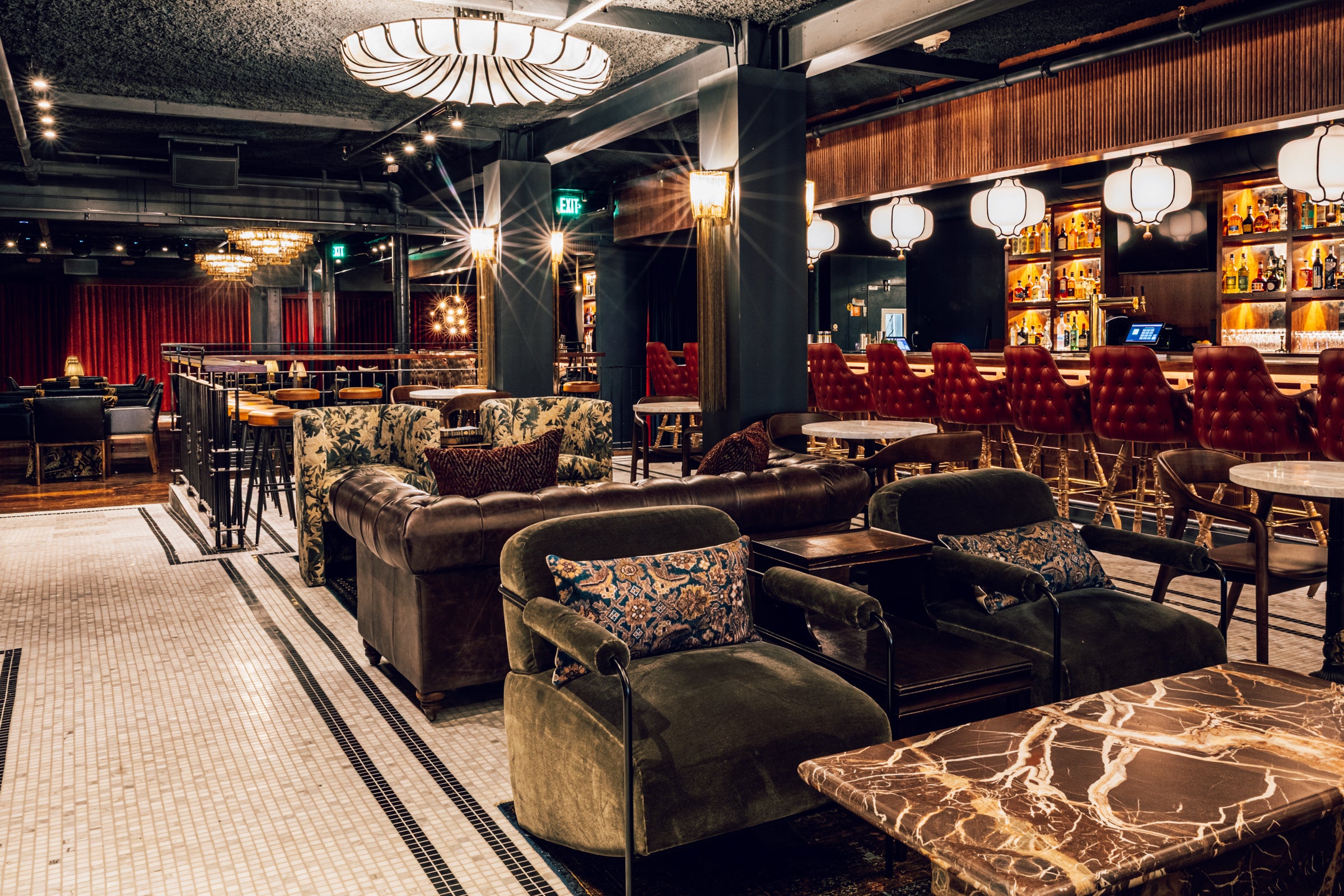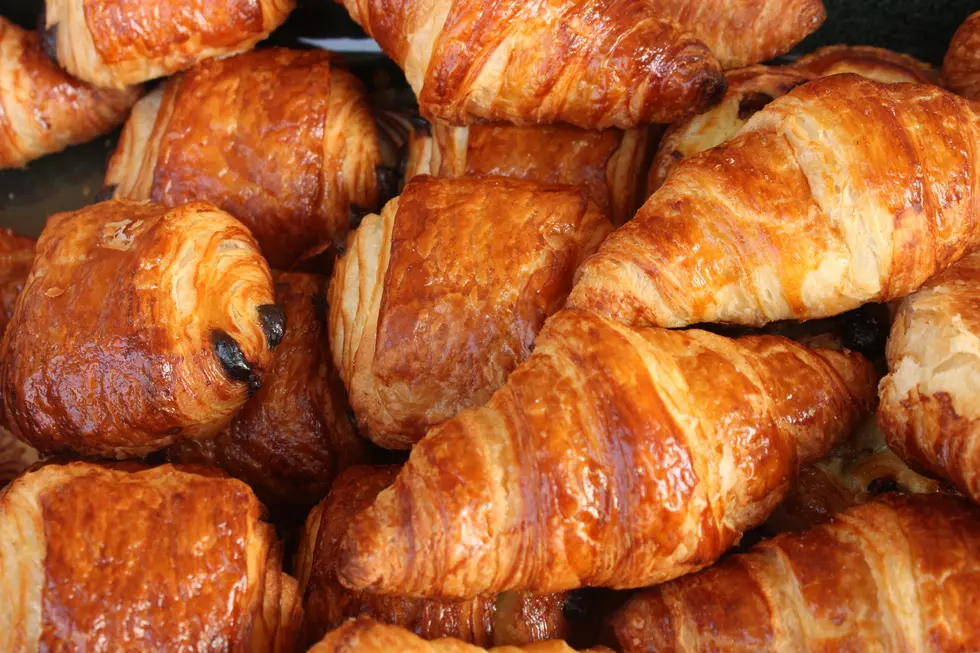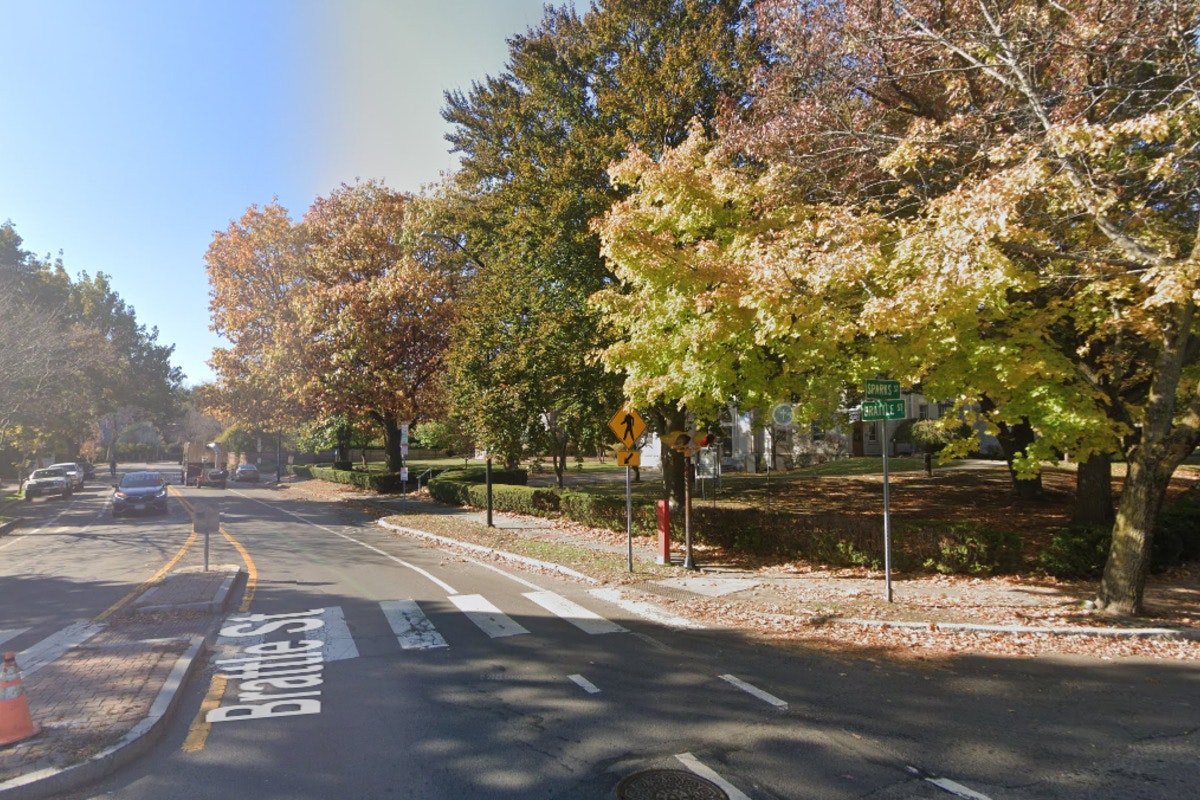Stay up-to-date on the best new restaurants, recent openings, and the biggest dining updates across Greater Boston’s food scene.
By Katelyn Umholtz
July 31, 2025 | 5:00 AM
2 minutes to read

Lou’s in Harvard Square is now open. Alyssa Blumstein
It’s a good time to be a Greater Boston diner in 2025, with exciting and diverse restaurant openings occurring all over the metro area.
Each week, Boston.com will highlight the restaurant openings worth knowing about across the Greater Boston region. Some spots will already be open, while others are set to debut soon or later this year. At least one featured restaurant will always be a bonus item — either a pop-up, a collaboration, or event at area restaurants.
Want more on the latest food and drink news? Sign up for The Dish, our newsletter featuring the latest food and drink news, chef Q&As, deep dives on industry issues, expert tips on where to eat and drink, and more.
What’s new in Greater Boston restaurant openings this week
Akami Omakase
Omakase — a Japanese dining experience in which the chef curates the meal, usually with sushi — is not new in Greater Boston, but Akami claims to be the first omakase experience under $100 in Boston. A per-person cost of $89 gets you 13 courses of sushi, or splurge a little bit more for a premium 16-course dinner for $109.
Open now (July 2025)
187 Harvard St., Brookline
https://www.instagram.com/reel/DMoCN5FxK1Z/embed/captioned/?cr=1&v=14&wp=540&rd=https%3A%2F%2Fwww.boston.com&rp=%2Ffood%2Ffood%2F2025%2F07%2F31%2F5-cant-miss-restaurant-openings-and-dining-updates-in-boston-this-week-july-31-2025%2F#%7B%22ci%22%3A1%2C%22os%22%3A317%2C%22ls%22%3A94.5%2C%22le%22%3A94.5%7D
Capri Italian Steakhouse
Broadway Restaurant Group (behind Prima Italian Steakhouse, Lincoln Tavern & Restaurant, and the recently opened Park City) has opened up yet another restaurant, this time in the South End. Capri is an Italian steakhouse, with menu items like Florentine steak, bolognese, and house martinis.
Open now (July 2025)
500 Harrison Ave., South Endhttps://www.instagram.com/p/Cju_ze3O_Fo/embed/captioned/?cr=1&v=14&wp=540&rd=https%3A%2F%2Fwww.boston.com&rp=%2Ffood%2Ffood%2F2025%2F07%2F31%2F5-cant-miss-restaurant-openings-and-dining-updates-in-boston-this-week-july-31-2025%2F#%7B%22ci%22%3A2%2C%22os%22%3A320.69999998807907%2C%22ls%22%3A94.5%2C%22le%22%3A94.5%7D
Little Wolf Coffee
A favorite North Shore coffee roaster finally has a permanent cafe space in the city, with an open coffee counter concept located in Seaport. The new cafe will feature Little Wolf’s coffee as well as some pastries.
Open now (June 2025)
51 Sleeper St., Seaport

Lou’s
Harvard Square gained a new spot for live music, drinks, and food over the weekend with Lou’s. Its weekly lineup of musicians features emerging artists and local acts — spanning genres that include jazz, the blues, soul, and more — while its food and beverage menus are about celebrating lounge dining classics, all inside a 5,600-square-foot space.
Open now (July 2025)
13 Brattle St., Cambridgehttps://www.instagram.com/p/DMSysbVtpHR/embed/captioned/?cr=1&v=14&wp=540&rd=https%3A%2F%2Fwww.boston.com&rp=%2Ffood%2Ffood%2F2025%2F07%2F31%2F5-cant-miss-restaurant-openings-and-dining-updates-in-boston-this-week-july-31-2025%2F#%7B%22ci%22%3A3%2C%22os%22%3A808.5999999940395%2C%22ls%22%3A94.5%2C%22le%22%3A94.5%7D
Bonus: Harvest ice cream cart
Located down an alley next to this Harvard Square stalwart is a summer weekend-only ice cream pop-up, which is selling homemade ice cream from pastry chef Tab Volpe. Along with ice cream classics and sundaes, customers can expect to see other frozen treats like ice cream whoopie pies and push-pops.
Event date: Every Saturday and Sunday from noon to 4 p.m.
44 Brattle St., Cambridge






 Source: Google Street View
Source: Google Street View
